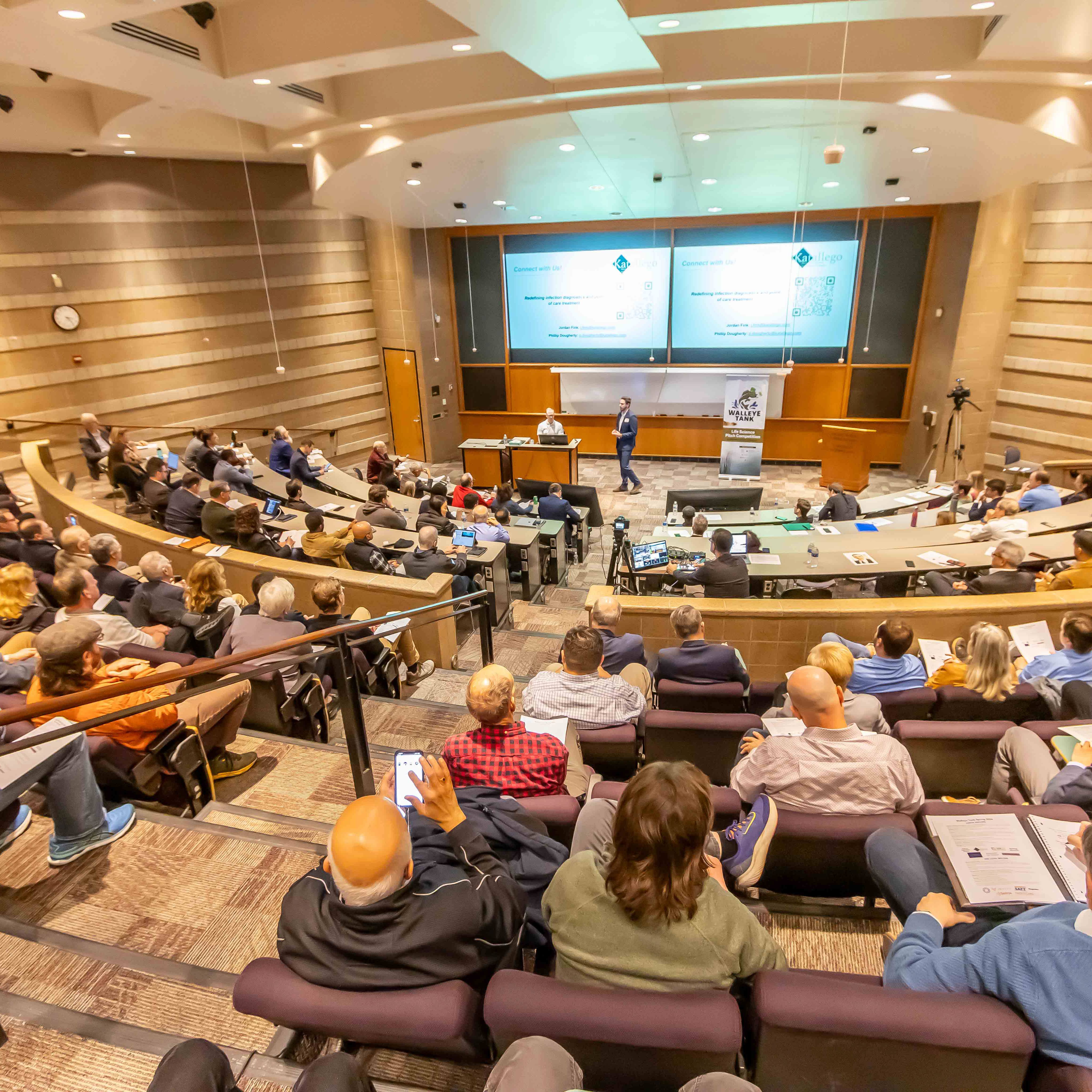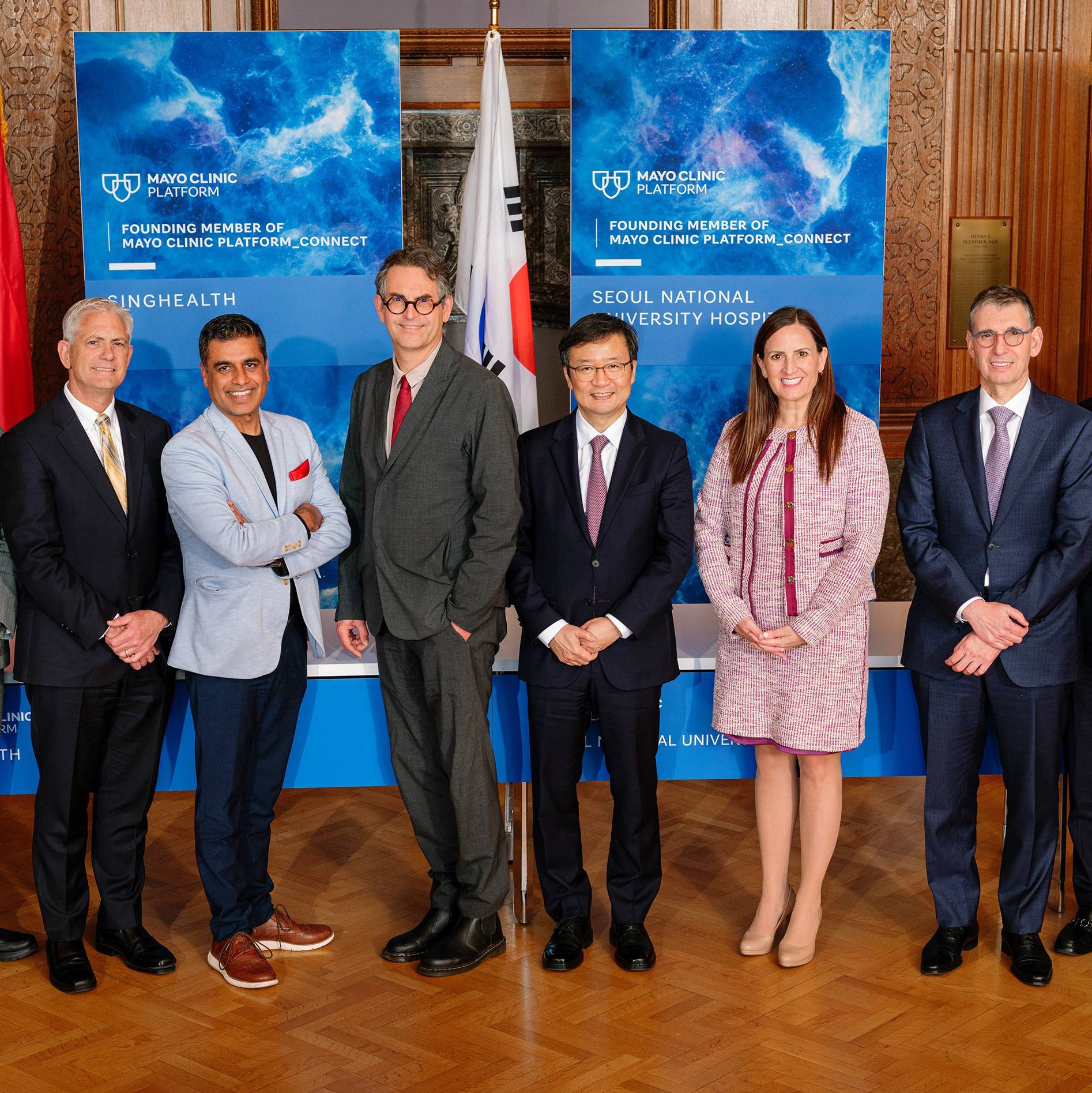-
Research
What others are saying…Mayo Clinic and value-based care
 A collaborative study co-led by breast surgeon Judy Boughey, M.D.; surgical outcomes researcher Elizabeth Habermann, Ph.D.; and pathologist Gary Keeney, M.D.; that was published more than a year ago, is making news again this month.
A collaborative study co-led by breast surgeon Judy Boughey, M.D.; surgical outcomes researcher Elizabeth Habermann, Ph.D.; and pathologist Gary Keeney, M.D.; that was published more than a year ago, is making news again this month.
Impact of analysis of frozen-section margin on reoperation rates in women undergoing lumpectomy for breast cancer: Evaluation of the National Surgical Quality Improvement Program data, was published in the journal Surgery, in March 2014. It showed that patients at other hospitals were more than 4 times as likely as patients at Mayo Clinic (Rochester location only included) to undergo reoperation within 30 days after a lumpectomy.
The reason attributed? “Comprehensive intraoperative pathologic assessment of the specimen using frozen section analysis, allowing positive margins to be identified intraoperatively and averting the need for a second operation for a positive margin in the majority of cases.”
As the researchers reported, “this technique not only improves the quality of care, but provides more cost-effective care.”
Harvard Business Review contributors Laura S. Kaiser and Thomas H. Lee obviously agreed, as they cited this example in their October 8 article, highlighting Mayo Clinic as an innovative provider which is “redesigning care so that, despite financial pain in the short term, they achieve long-range success.”
Intermountain Healthcare, which was a co-founder of the High Value Healthcare Collaborative (along with Mayo Clinic, Dartmouth-Hitchcock, Denver Health and the Dartmouth Institute for Health Policy and Clinical Practice), was also referenced in the HBR article, along with Brigham and Women’s Hospital.
This study illustrates one example of the work being done in the Mayo Clinic Robert D. and Patricia E. Kern Center for the Science of Health Care Delivery to address the challenges facing our nation’s health care system, and what Mayo is doing to improve value for patients. The science of health care delivery focuses on how patients actually receive care. In the center, we strive to enhance each individual’s experience with health care by finding ways to improve quality, outcomes and cost.
Improving surgical outcomes is one focus area, but we also have a research program dedicated to the full care experience. In addition, our health care systems engineering program seeks to find better processes and technologies, and population health science program experts look at the big picture. We team up with others across the nation and around the world – our work with Intermountain Healthcare and others in HVHC is just one of several significant collaborative initiatives.
Stay tuned – there’s always something interesting going on!
###
Lois Krahn, M.D., is a psychiatrist and sleep specialist at Mayo Clinic, and the Deputy Director for Education in the Mayo Clinic Robert D. and Patricia E. Kern Center for the Science of Health Care Delivery.








